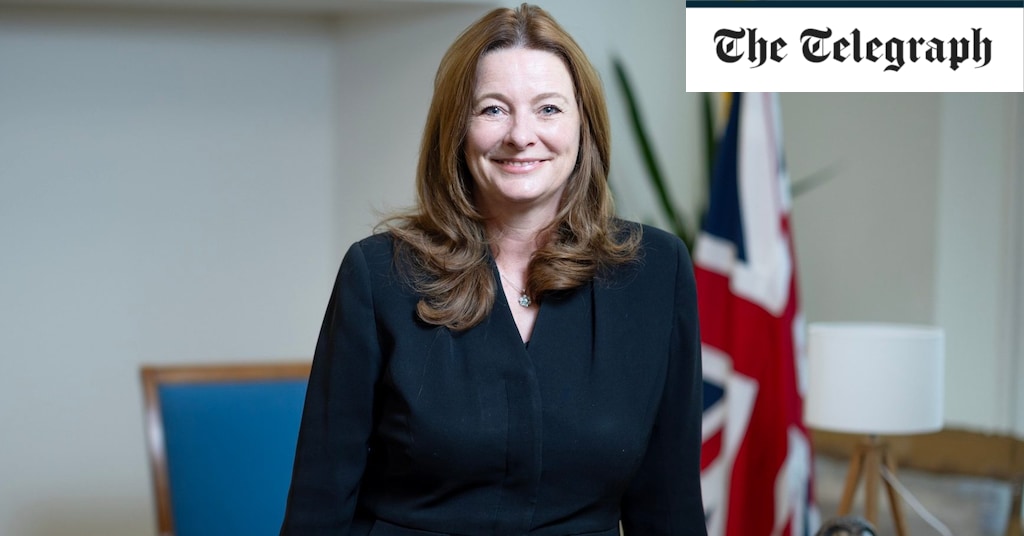
Gillian Keegan has said she will no longer use the phrase “trans women are women”, explaining that her understanding of the issue has “evolved”.
In 2020, in response to a question from an LGBT+ forum in her Chichester constituency, the Education Secretary made the statement that “trans women are women”, adding that trans people should have equal access to “safe spaces”.
But she told The Telegraph she had since “learnt a huge amount more about this complex and challenging subject”.
It comes after Wes Streeting, the shadow health secretary, said he had been wrong to use the phrase “trans women are women, get over it”.
His U-turn came in the wake of the Cass review, which found that much gender medicine was built on shaky foundations and warned against the use of puberty blockers for children and young people.
Ms Keegan’s remarks followed Whitehall concern that she has not been strong enough, as Education Secretary, in standing up to the influence of trans rights activists in schools.
Four years ago, in her response to the Chichester LGBT+ forum, she said: “I recognise that more must be done to help transgender people with the unique and difficult challenges that they face.
“Trans women are women and trans people deserve equal and fair access to health care, safe spaces and opportunities, as well as to live their life with dignity.”
But she told The Telegraph: “Since becoming an MP and later a minister I have learnt a huge amount more about this complex and challenging subject.
“At the time of writing that response, I didn’t have any direct experience of this topic and took advice on how best to respond, given the complexities surrounding individual cases. Having now spoken to experts and professionals, like many, my understanding has evolved.
“I have since been crystal clear about my concerns that women are being erased in this debate, and have always been clear that women do not have, nor have ever had, a penis.”
Her comments were welcomed by Sex Matters, a women’s rights group. Maya Forstater, its chief executive, said: “This change in position by Gillian Keegan is a welcome development and sets an example for other politicians to start using clear, serious language rather than trans activist slogans.
“For several years, trans activist lobby groups pushed the use of phrases such as ‘trans women are women’ as a tactic to silence debate and fair questions about how gender self-identification clashes with women’s rights.
“Many didn’t recognise the dangers of these slogans early on, including politicians who doubtless thought they were simply supporting a good cause. It takes guts to publicly change your mind. Women’s rights and the safeguarding of children are serious issues that need to be addressed with clear and accurate language.”

In December, Ms Keegan published draft trans guidance for schools, which said pupils should only be allowed to change pronouns in rare circumstances and parents should be consulted on their child’s wishes to change their gender identity.
Teaching unions and trans rights groups reacted angrily to the guidance, which is now out for consultation.
There are concerns in Whitehall that Ms Keegan may water it down in response to negative comments. There are also worries that the Department for Education’s long-awaited relationships and sex education guidance for schools has still not been published.
Last week, The Telegraph revealed that Victoria Atkins, the Health Secretary, had met Stonewall in the past despite criticising the charity over its role in the puberty blockers controversy.
The Health Secretary met representatives of the LGBT+ charity in 2018, when she was equalities minister, and her team met them four times. But earlier this week, she said those who refused to follow all the recommendations of the Cass review were “following Stonewall”.
Stonewall has supported the use of the drugs by young people wanting to change gender, and told schools to shred a research pack from another charity that said there were risks to puberty blockers.
But Ms Atkins cited its research in the Commons and said she was working “closely” with it when she was a minister in the Home Office.



